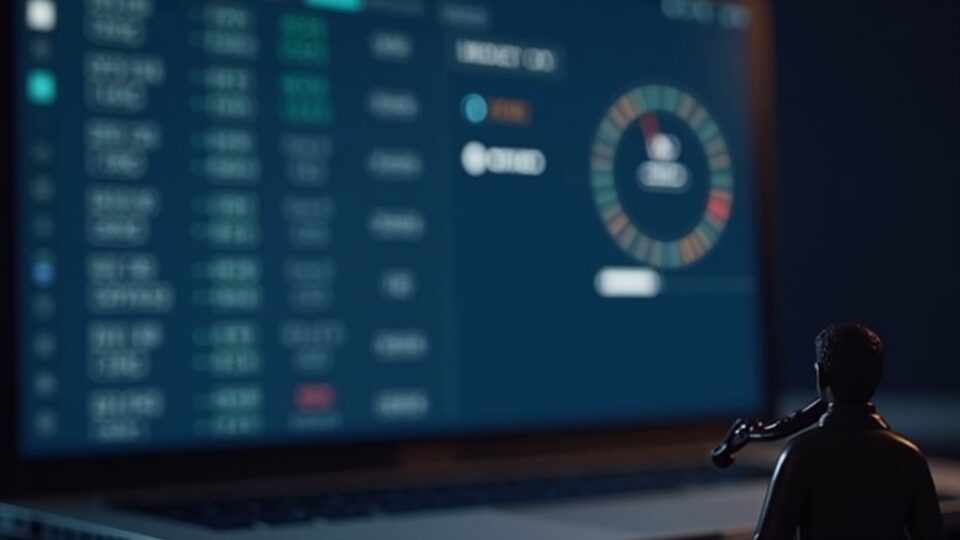The Argentine Congressional Investigative Commission presented its definitive report this Tuesday on the controversial LIBRA investigation, revealing possible links to political corruption and a lack of state oversight. Deputy Maxi Ferraro, who leads the body, confirmed to the public the delivery of crucial evidence to Prosecutor Carlos Taiano just as a massive liquidation of suspicious digital assets was detected. This synchronized event suggests alarming coordination to protect capital before judicial authorities could intervene effectively.
Forensic data exposed by analyst Fernando Molina shows that two wallets inactive for nine months suddenly liquidated positions worth more than 58 million dollars. The accounts, identified on the network as linked to the project team, swapped their entire balance of the stablecoin USDC for Solana before transferring it to an unknown address. This financial maneuver seeks to evade the technical freezing capacity that centralized currency issuers possess over funds that are legally questioned for fraud.
On the other hand, this event occurs simultaneously with the strategic meeting between legislators and the prosecutor’s office, where documentary evidence regarding alleged indirect payments to public officials was provided. The report presented is not merely a symbolic act but seeks to establish clear institutional responsibilities regarding who facilitated the development of this scheme through action or omission. The LIBRA investigation attempts to clarify the role of the State in legitimizing an asset that caused millionaire losses to thousands of Argentine savers who trusted the project.
Will Justice Be Able to Recover Funds Shielded in Solana?
The strategic shift towards a censorship-resistant blockchain poses a monumental challenge for regulators and the formal economy of the South American country at this moment. By converting assets into a format that technically cannot be frozen by a centralized entity, the perpetrators may have secured the loot far beyond the reach of immediate local court orders. This move demonstrates the technical sophistication of the actors involved and exposes the slowness of traditional legal mechanisms against the immutable speed of decentralized finance.
Finally, the closing of the parliamentary stage marks the beginning of a much more aggressive legal battle, where justice must act quickly to trace the final destination of the stolen money. Courts are expected to issue new precautionary measures, although the effectiveness of these orders is uncertain given the last-minute currency swap performed. Society demands strong answers regarding political impunity, while the whereabouts of the defrauded investors’ funds become increasingly diffuse in the global digital ecosystem.

